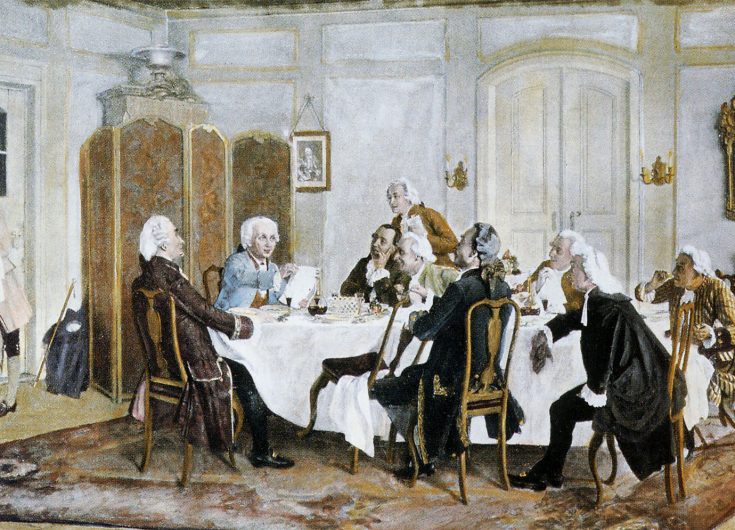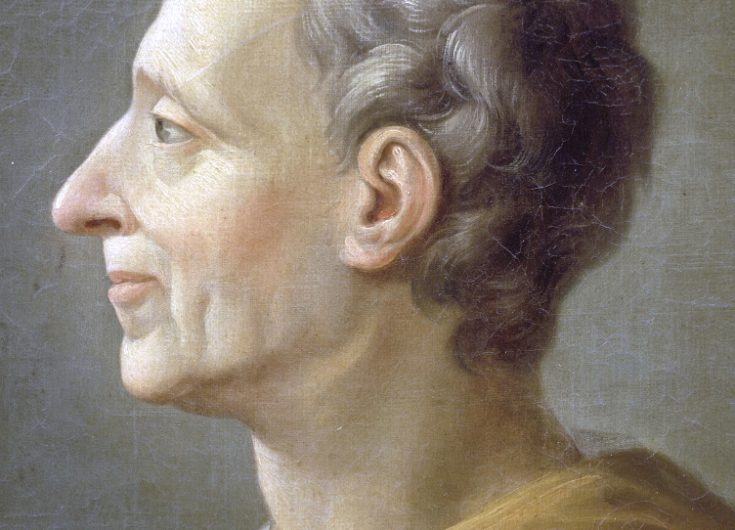

Immanuel Kant, Perpetual Peace: A Philosophic Sketch (1795)
The classic source of modern idealism in international relations theory is Immanuel Kant’s 1795 essay “Perpetual Peace: A Philosophic Sketch.” There, the German philosopher (1724-1804) takes up the question of whether perpetual peace is the preserve of men in their graves. Answering in the negative, Kant delineates the conditions necessary for the establishment of perpetual peace among nations, argues that statesmen are morally obligated to seek those conditions, and assures us that those conditions will eventually obtain. He envisions the world slowly progressing toward a federation of independent republics at peace with one another.


